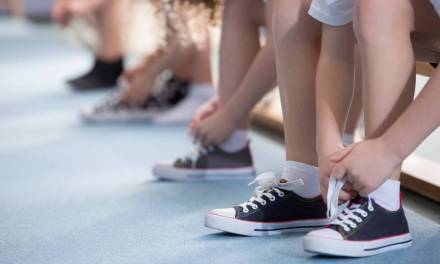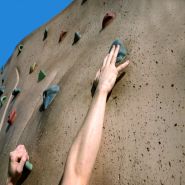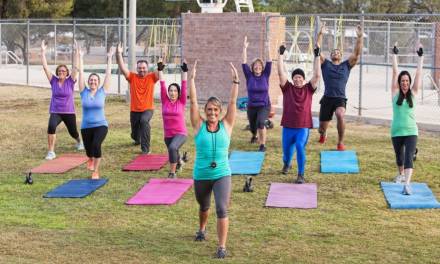Children and their academic development can be improved through physical education after the pandemic hampered their progress.
According to a randomised controlled trial, ‘Physical Activity Across the Curriculum’:
“During a 3-year period, students who engaged in physically active lessons, on average, improved their academic achievement by 6 percent, while the control groups exhibited a 1 percent decrease.”
The Department for Education has promised £320 million for PE and sport premium funding and it is to be split over five key indicators. Encouraging children to become more involved in physical education is essential, especially after more than a year of pandemic-related lockdowns.
“70% of parents with children between the ages of 11 and 16 said their children’s wellbeing had suffered during the pandemic.” – The Guardian
A lack of activity may have adversely affected children’s health
The pandemic has resulted in limited physical activity for children and this could have a detrimental impact on their health and wellbeing.
In 2020:
“Only 17.5% of children and young people reported meeting the current UK CMO guidelines and took part in physical activity for at least 60 minutes a day every day of the week.”
The physical and mental benefits that regular activity can provide are abundant. Improved mood, cognitive development for children and weight management can all contribute to academic improvement.
Obesity in children can affect them physically and mentally, ultimately, affecting their learning.
“The most recent UK National Child Measurement Programme (data collected prior to March 2020) demonstrates that in children aged 10-11, childhood obesity rates are 21%. In the most deprived areas, this number increases to 27.5% of children. The impact of COVID19 restrictions is likely to have worsened this.”
Participating in physical activity can be difficult for some, but it can have an important impact on children’s health.
Physical activity for children boosts attainment
Children’s physical wellbeing clearly benefits from regular activity but the evidence also shows that their academic outcomes can also be improved through exercise.
According to a study in the Netherlands:
“primary school children who took part in physically active lessons three times a week over two years made significantly better progress in spelling and mathematics than their peers – equating to four months of extra learning gains.”
This is also further supported through a UK study. Pupils’ academic performance improved when transitioning from age 11 to their GCSE results after participating in physical activity.
“pupils engaging in self-development activities (including sport, physical activity) achieved 10-20% higher GCSEs”
Physical activity demonstrably helps improve academic attainment as it allows children’s confidence to improve. Children, especially from disadvantaged backgrounds, relish physical activity.
According to a new study by Cambridge researchers at the Faculty of Education:
“This may be because less privileged children have fewer opportunities to engage in organised outdoor activities, and so experience stronger benefits when they do so.”
Physical activity can also increase self-control within children which results in better performance in schoolwork. According to a recent study:
“those who do more physical activity are likely to have stronger ‘self-regulation’ – the ability to keep themselves in check – and in particular may find it easier to control their emotions at an earlier age. Physical activities which promote self-control in this way, such as swimming or ball sports, also have positive, knock-on effects for academic attainment.”
PE Office can help you deliver engaging content
PE Office is a unique platform for PE departments and students. The online knowledge bank includes a wide range of resources including video analysis, lesson plans and skills coaching guides.
Physical activity can help boost mental wellbeing and physical health. PE Office’s resources are ideally suited for use in and outside of the classroom, and have been designed to increase student engagement in physical activity.
For more information on how PE Office can help improve your students’ health and wellbeing, call us on 01909 776 900, send an email to mail@peoffice.co.uk or contact us here.










